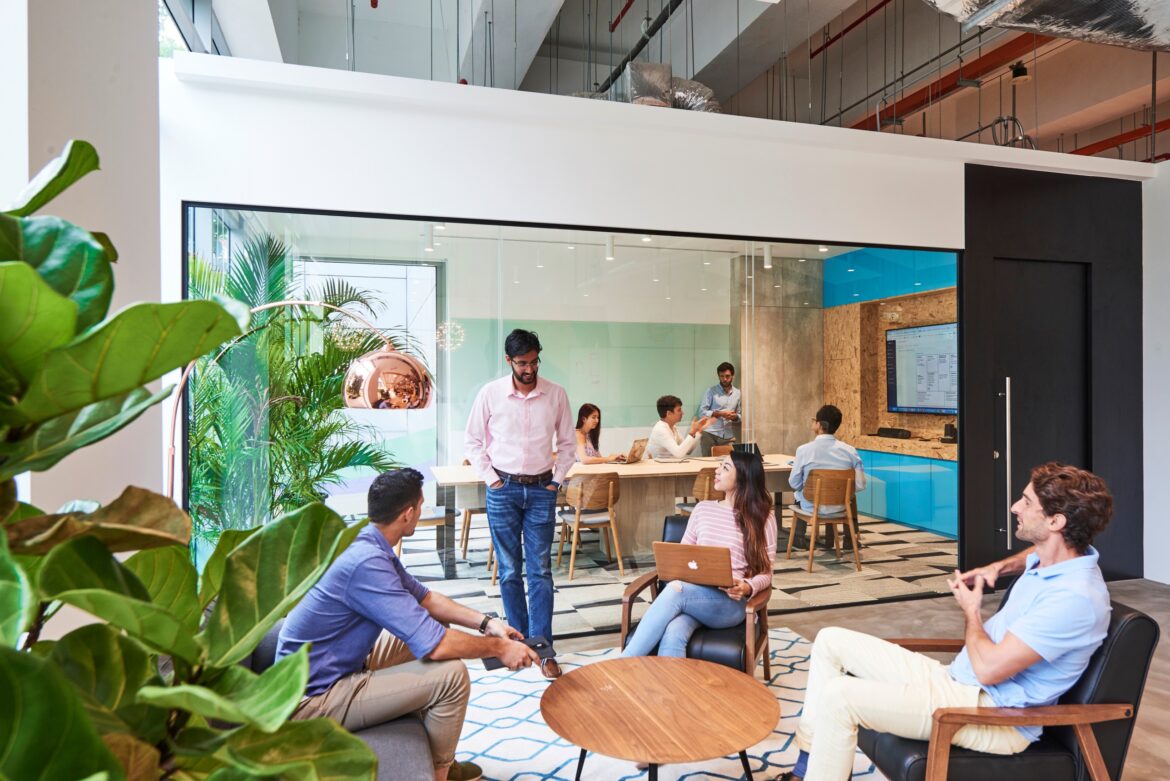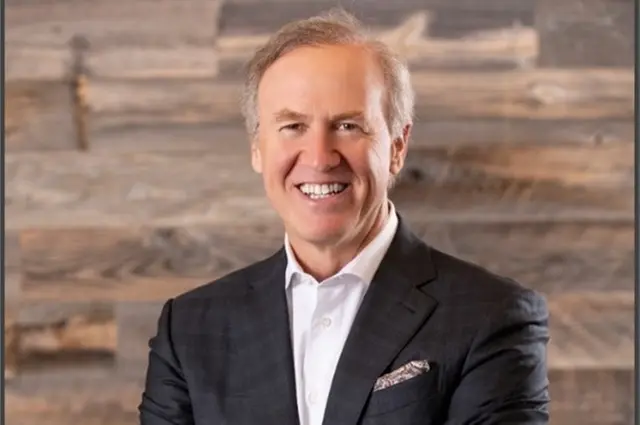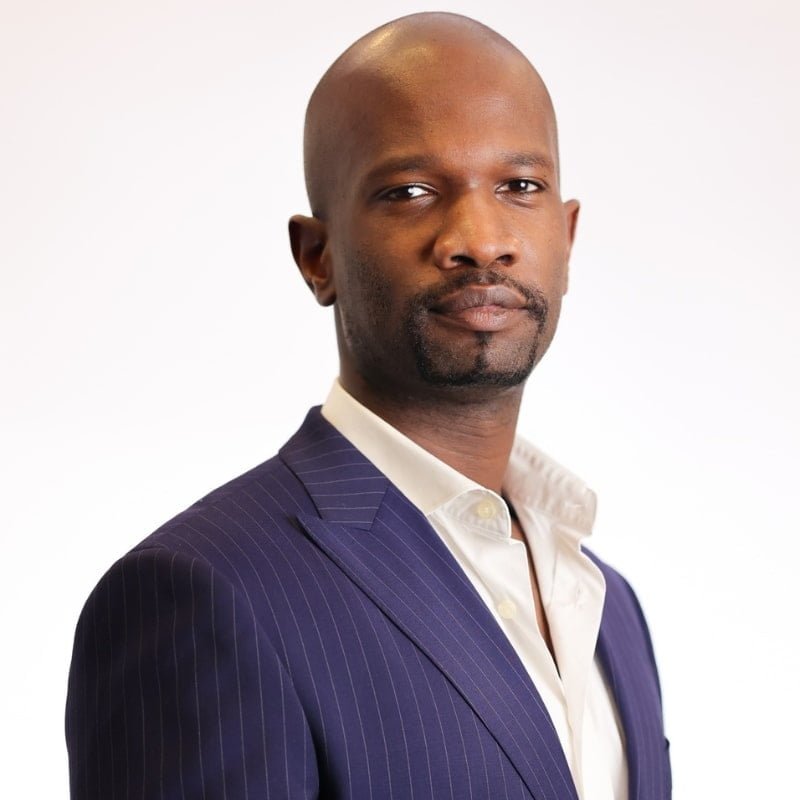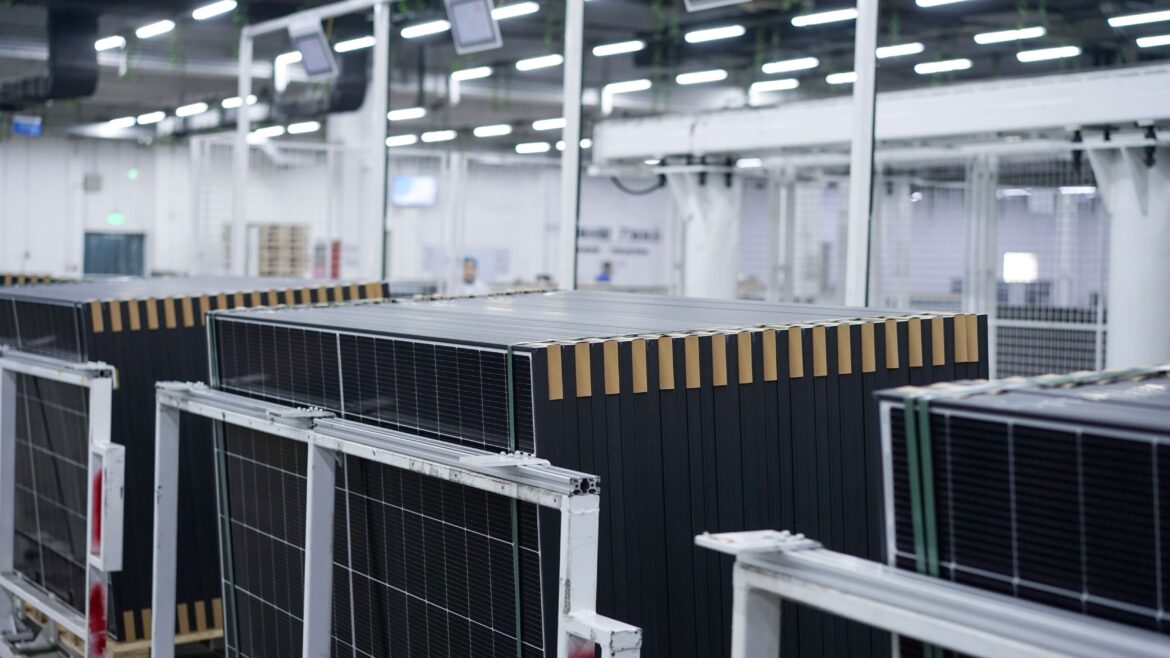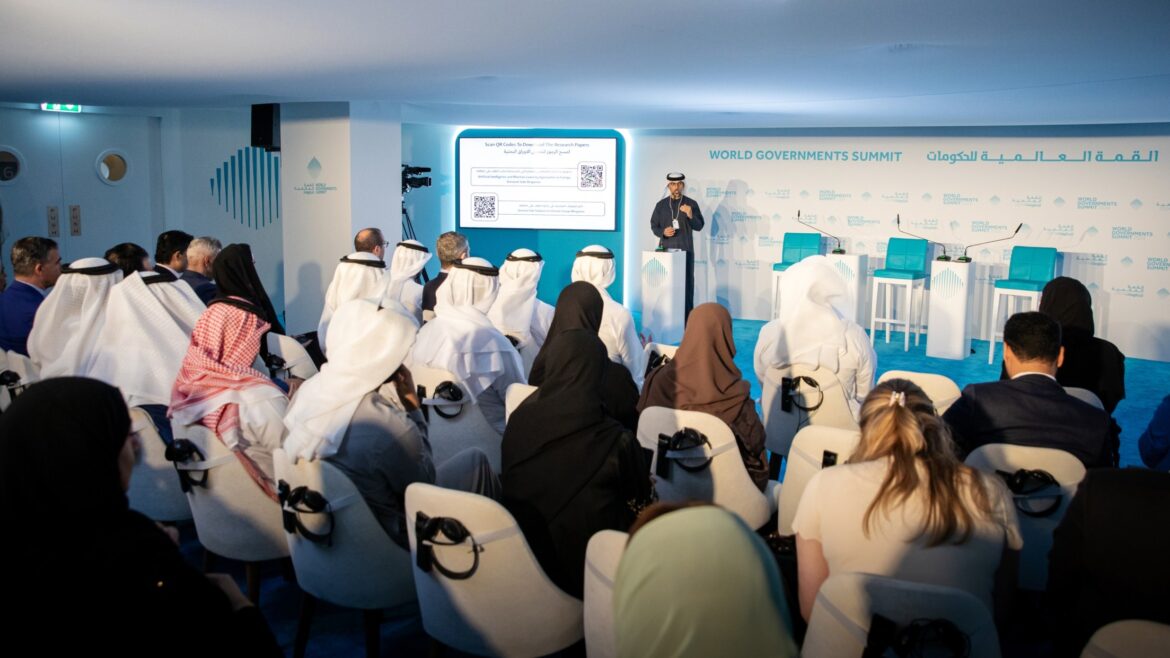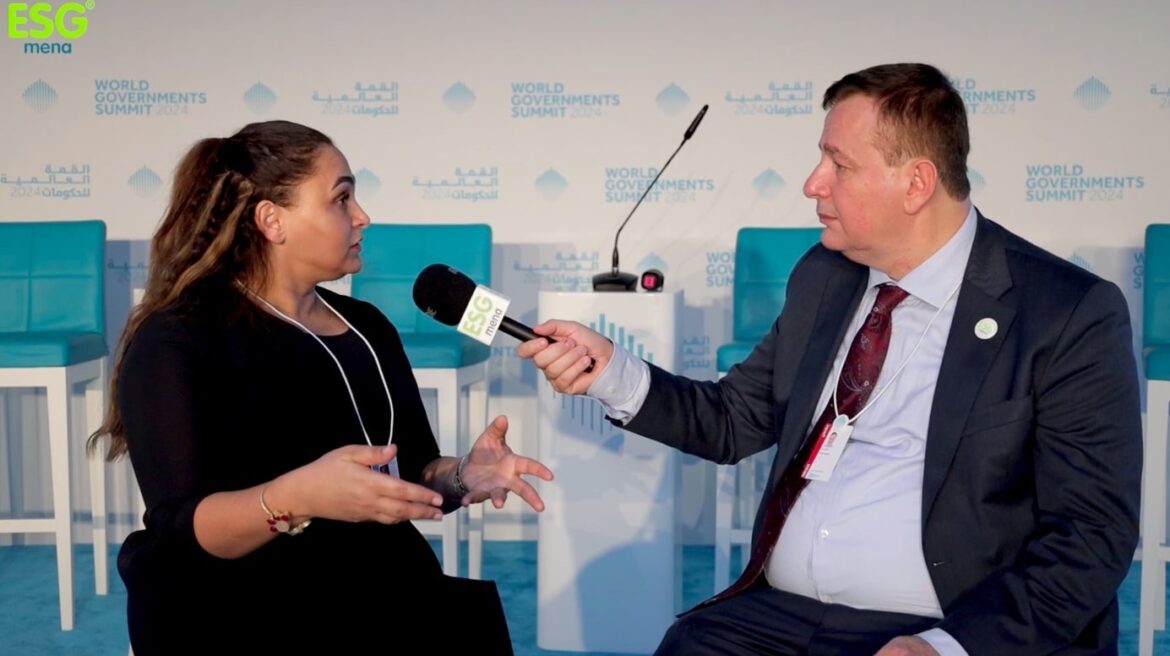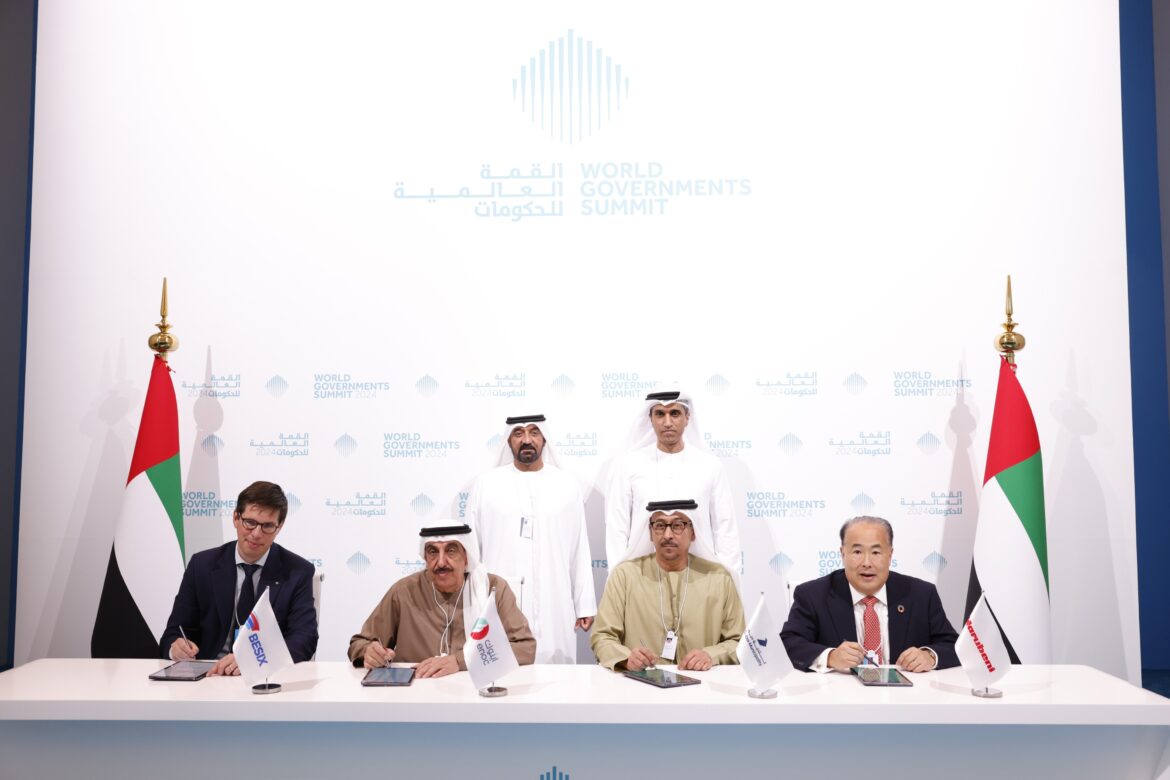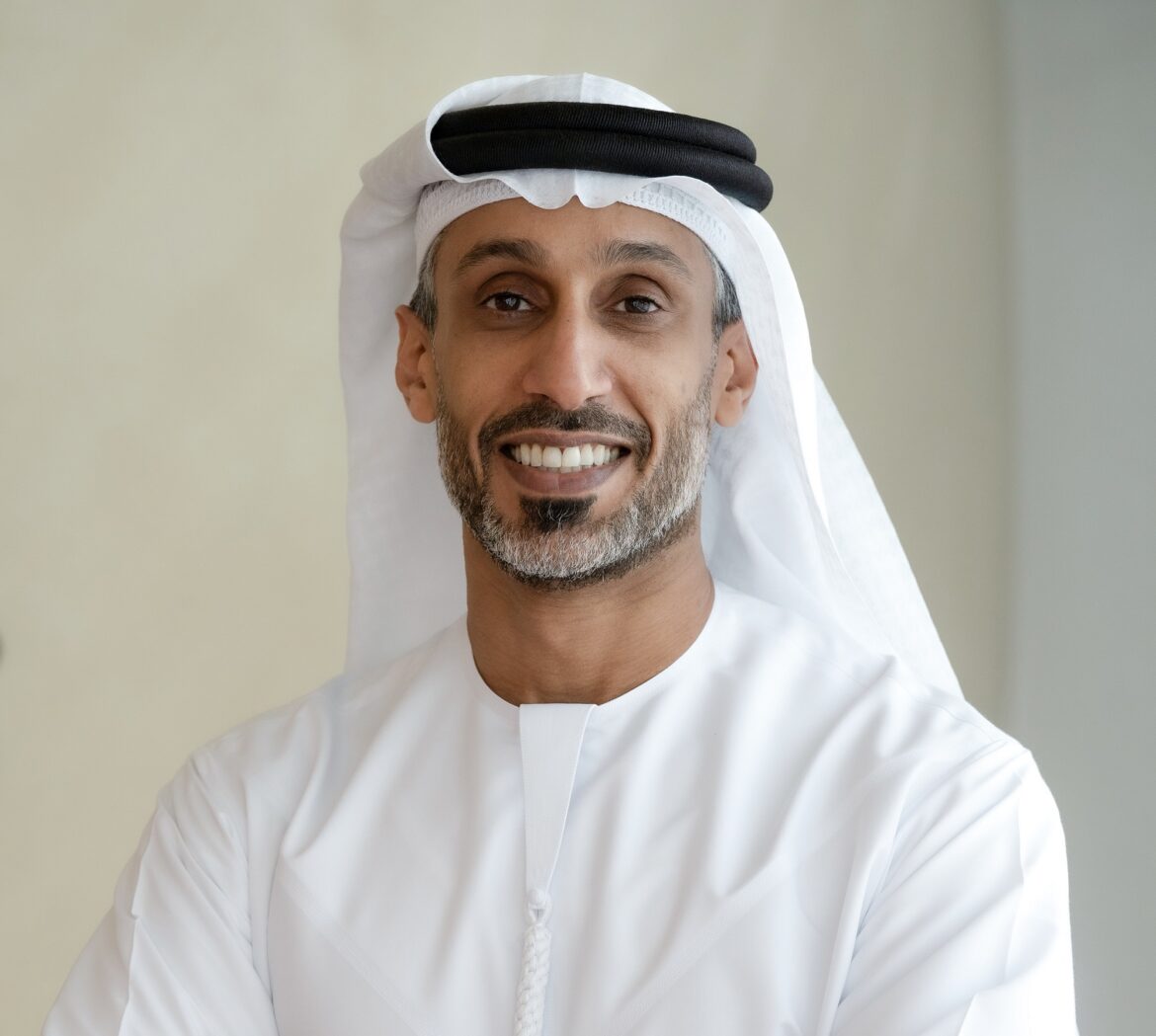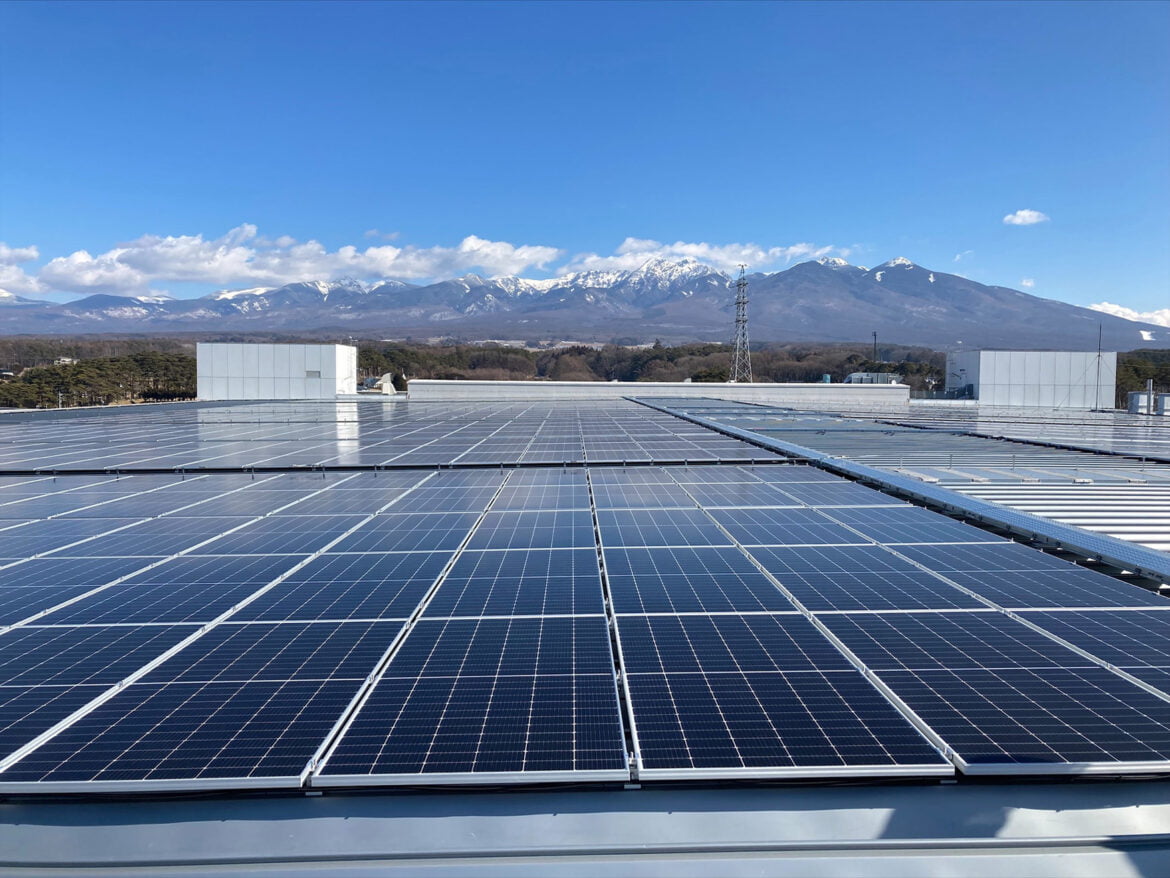Category:
Energy
ENGIE’s venture arm, ENGIE Factory, has launched in the Middle East with the aim of supporting the region’s growing entrepreneurial ecosystem and boosting climate startups.
ENGIE Factory, which launched in Singapore in 2019, shared that it collaborates with entrepreneurs to develop new business models and fundable startups.
So far, it has built over 14 startups targetting climate issues, including startups focused on decarbonising hard-to-abate industries, accelerating the distribution of renewables with business model innovation and developing intelligent software to facilitate the energy transition.
Speaking about the venture studio’s role, Caroline Guyot, Managing Director, ENGIE Factory, said: “We build innovative startups from scratch with founders and leverage the Group’s expertise, funding and market access to accelerate their solutions.”
Tomaz Guadagnin, Country Manager GCC & Pakistan, ENGIE, added: “As the need for climate action becomes ever more urgent in the face of global warming, it is vital that we leverage the latest innovations available to us as a community to solve the challenges that stand in the way of reaching Net Zero. By supporting the latest innovations emerging in the tech start-up community, it is our hope that we can develop meaningful solutions that helps industry decarbonize.”
Nextracker’s all-terrain solar tracker systems selected for Al Kahfah Solar Park
written by Madaline Dunn
Intelligent solar tracker and software solutions company Nextracker has been selected by ACWA Power and Larsen & Toubro Limited (L&T) to provide its all-terrain tracker NX Horizon-XTR for a 1.17 GW installation at Al Kahfah Solar Power Plant in Saudi Arabia’s Central Province.
The plant project is being led by Badeel and ACWA Power, with construction from L&T, and one of three such projects between Badeel and ACWA.
Nextracker’s NX Horizon-XTR smart solar tracker systems will be deployed to prevent the need for costly land grading, conforming to the natural terrain while reducing environmental impact, it was shared.
It was explained that with the 1.17 GW order, this project will be Nextracker’s largest deployment of the technology in a single order to date.
It already has over 10 GW of smart solar trackers either operational or under fulfilment across the region.
The company has also previously partnered with ACWA Power and L&T on the Sudair Solar PV Plant (906 MW) to provide its intelligent solar trackers, and has extended its domestic content and capacity development program in the Kingdom.
Dan Shugar, Nextracker founder and CEO, said: “We are honored to partner again with both ACWA Power and Larsen & Toubro Ltd for another significant project in the region. Our partnership with these two industry leaders has contributed greatly to Nextracker’s local commitment with over 10 GW of solar trackers already installed or under fulfilment across the MEIA region’s rapidly expanding solar energy market. We are confident that Nextracker will contribute greatly to the Al Kahfah plant—yet another example of Saudi government leadership in the energy transition and to the dominance of solar technology driving the transition to renewables in the region.”
Solar, energy storage and clean energy solutions: Azzan Mohamed on what’s ahead for Middle East Energy 2024
written by Madaline Dunn
With the power sector the largest contributor of emissions globally, decarbonising the energy system is critical to keeping the 1.5°C limit within reach.
Following two successive COPs and an agreement to transition away from fossil fuels, the energy transition continues to be in the spotlight in the MENA and will be a focal point of this year’s Middle East Energy event.
Ahead of Middle East Energy 2024, ESG Mena spoke to Azzan Mohamed, Group Exhibition Director, Energy Portfolio at Informa Markets, to hear about what’s ahead for the upcoming energy exhibition.
Azzan, what’s new at Middle East Energy 2024?
Middle East Energy is one of the most comprehensive energy exhibitions in the Middle East and Africa, and, like every year, we have planned several new elements for 2024 that will enhance the event.
In line with the conversations going on around the world regarding climate change and the energy transition, we have created an agenda that focuses on key topics in renewable and clean energy solutions.
The latest edition of the event is set to be one of the largest to date, spanning 14 halls where attendees will have access to more than 150 speakers across three dynamic conference stages.
Our expert panel of presenters will showcase their expertise on key issues within the energy and utility sector, such as transmission and distribution, energy storage and batteries, and grid stability and advancements.
Additionally, we have created a dedicated conference this year to push the agenda towards renewable energy and solar solutions. Established through a strategic partnership with Intersolar, leaders in photovoltaics and energy storage, the Intersolar & ees Middle East conference will help unlock opportunities within the clean energy industry. Attendees can also attend two additional conferences — The Leadership Summit and the Technical Seminar – that will provide comprehensive insights across key industry topics.
On the exhibition front, we are going to be welcoming more than 1,200 local and international companies to showcase their latest innovations and solutions in renewables, transmission, and energy consumption.
Energy storage plays a major role in the energy transition, and we are witnessing rapidly evolving technologies. What is your focus here?
In a bid to achieve targets around renewable energy, projects focused on storage have seen a big spike, with countries in the MENA region increasingly deploying energy storage solutions in their power grids.
At Middle East Energy, we recognise the importance of bringing together global experts to drive the conversation and implement plans and policies to support the energy transition.
This year, we are dedicated to covering all aspects of the energy ecosystem, with particular emphasis on energy storage as a hot topic of discussion, ensuring exhibitors and visitors have a platform to further discover the different technologies and innovations in the industry.
Hybrid models are gaining momentum in remote areas. How are Informa and MEE prioritising this?
It is crucial to understand the challenges of energy accessibility, particularly in African markets.
Many exhibitors at Middle East Energy 2024 are set to exhibit various hybrid models of energy systems, including solar-wind, solar-diesel, and wind-diesel hybrid systems, battery storage integration systems, as well as hybrid grid systems.
By incorporating these hybrid models, we aim to address the diverse energy needs of remote areas, contributing to sustainable energy solutions and adapting to the evolving demands of the market.
And what is your focus in terms of mobile solutions?
Covering the entire energy spectrum, we recognise the growing importance of mobile solutions. Our focus includes showcasing mobile solutions as alternatives to traditional grid-based power sources.
Exhibitors at the event will showcase transformative energy solutions such as hybrid generators with solar panels, backup fuel generators, emergency generators, and inverter technologies for regulated power output. Additionally, the event will feature solutions that utilise various fuels, such as petrol, diesel, propane, and dual-fuel options.
By presenting a diverse range of mobile energy solutions, Middle East Energy aims to meet the evolving needs of the industry and provide insights into innovative technologies.
Different geographies require different solutions; the same applies to the MENA region. How does MEE plan to cater to the wider region?
Middle East Energy is committed to offering an immersive experience and catering to a broader audience by offering a diverse range of energy solutions that can help escalate the energy agenda in this region. With over 1,200 exhibitors from more than 90 countries, representing various technologies, strategies, and innovations across five product sectors, the event contributes to a varied sustainable energy landscape.
The inclusive approach spans from traditional to non-traditional sources of energy, reflecting our belief in addressing a wider spectrum of needs to meet the increasing demand for energy efficiency. Furthermore, Dubai’s role as a business hub and gateway to the region facilitates easy access for companies to conduct business and share their solutions with the wider MENA region. The international audience’s growth, with visitors from around 170 countries, underscores the global appeal of Middle East Energy.
And what is your knowledge-sharing strategy for Middle East Energy 2024?
We place our conferences at the forefront to keep pace with the ever-changing energy landscape. Our three conferences each focus on different themes across three days, and we aim to ensure valuable knowledge sharing.
The Leadership Summit, tailored for top-tier executives in the energy and utilities sector, centres around driving the power sector transformation forward.
The Technical Seminar, exploring ideas, innovations, and solutions, offers stakeholders opportunities to discover groundbreaking advancements. The Intersolar & ees Middle East Conference, in its 8th edition, concentrates on the transformative dynamics of renewable energies, guiding the region through the energy transition. By hosting these conferences, Middle East Energy ensures attendees gain valuable insights into the latest industry trends, innovations, and solutions that will leverage the region’s status as a critical contributor to energy production.
Trina Solar’s Vertex S+ 505W n-type Dual-Glass Modules commence mass production
written by Madaline Dunn
Smart PV and energy storage solutions provider Trina Solar has announced that the first Vertex S+ 505W (NEG18R.28) has entered mass production at its factory in Changzhou, Jiangsu province,
It is part of the Vertex S+ series, and designed for commercial and industrial rooftops.
It is also tailored to meet a customer core requirement of shorter payback time, guided by higher power and lower BOS and LCOE.
Further, it combines n-type i-TOPCon technology with 210mm rectangular silicon wafer (210R) cell technology.
This dual-glass module will yield up to 505W power and deliver high efficiency of 22.7%, contributing to a longer lifespan, less light-induced degradation and higher conversion efficiency with p-type modules.
The product offers dimensions of 1961mm by 1134mm and a slim width of 30mm, and the 1.6 + 1.6mm dual-glass module weighs 23.5kg.
Its short circuit current of 15.86A, also means that it’s highly compatible with most mainstream inverters, optimisers and mounting systems on the market.
The 1.6+1.6mm dual-glass design provides increased scratch, crack and impact resistance and resistance to salt spray, acids, alkalis, high temperature and humidity, passing 35mm hail tests and meeting IEC fire ratings (Class A+C).
Trina Solar’s Vertex S+ series modules have been recognised in the non-utility market by industry partners and customers.
The mass production of Vertex S+ 505W will guarantee subsequent full delivery to Europe, Australia, the Asia-Pacific and other regions, it was shared.
The Ministry of Energy and Infrastructure (MoEI) has launched the Big Data Ecosystem for the Energy and Infrastructure Sectors and the Digital Twin Platform for the Energy and Infrastructure sectors.
Launched in cooperation with stakeholders from the government and private sectors, the two initiatives were announced by His Excellency Suhail Mohamed Al Mazrouei, Minister of Energy and Infrastructure, at a press conference held at the WGS this week.
There, MoEI signed a number of MoUs with different entities to support these initiatives.
It was shared that the big data ecosystem and platform aim to analyse and leverage big data and digital technologies to improve strategic decision-making and sustainable development in energy and infrastructure.
The Big Data ecosystem aims to link integrated data with partners to:
- Promote the transition to more sustainable energy systems through data analysis,
- Provide the best proactive services,
- Reduce the duration of service provision, increase customer happiness, and
- Enable informed decision-making.
It also leverages artificial intelligence, simulation, and predictive smart analytics to shape the future of energy and infrastructure, while also building capabilities and developing human resources.
Meanwhile, the Twin Digital Platform displays live data on the livability and sustainability of cities on 3D models, including statistics about energy and water consumption, carbon footprint, traffic, demographic diversity, services, air quality, and waste with the aim of supporting decision-making and the implementation of targeted initiatives.
Further, it provides a set of proactive models related to protecting infrastructure assets, improving traffic to reduce accidents and congestion, mitigating the effects of climate change, shaping future and predictive maintenance plans, and achieving climate neutrality.
The platform aims to strengthen the resilience of infrastructure to natural hazards and extreme weather events, support decision-making for developmental projects and initiatives based on current situation analyses and scenarios, enhance the efficiency of water and energy management, and improve waste management.
The Minister pointed out that the platform supports the acceleration of the transition to renewables by improving the efficiency and performance of renewable energy resources, driving the transition towards employing hydrogen technologies as an energy source, and supporting the provision of integrated infrastructure for the public EV charging network and increasing sales of EVs.
At the World Governments Summit 2024, Dubai Municipality signed a Memorandum of Understanding (MoU) with N.V.Besix S.A., Marubeni Middle East and Africa Power Limited (MAMEA), and ENOC Marketing to develop sustainable aviation fuel (SAF).
It was shared that the MoU is aimed at transforming waste management practices in Dubai through a project that utilises cutting-edge technologies to treat mixed solid municipal waste, organic waste and green hydrogen from sewage treatment processes to produce sustainable aviation fuel (SAF).
Under the MoU, Dubai Municipality is required to supply a specific amount of municipal solid waste per day, which may include a combination of organic waste and green hydrogen produced from sewage treatment.
The MoU was signed by His Excellency Dawoud Al Hajri, Director General of Dubai Municipality, His Excellency Saif Al Falasi, Group CEO at ENOC, Pierre Lembrechts, General Manager at BESIX Middle East, and Wataru Ikushima, General Manager of the New Energy Business Development Department at Marubeni Middle East and Africa Power Limited.
HE Al Hajri commented: “It will also assist in the waste management operations in Dubai, aligning with the strategic targets of the UAE Net Zero by 2050 strategic initiative, the UAE Circular Economy Policy 2021-2031, and the 2031 National Hydrogen Policy,”
Adding: “The success of the project under study, set for implementation in July 2025, hinges on having the necessary technology and essential materials within Dubai Municipality to produce SAF. These materials include waste and treat sewage water. The project will also involve several investors and other supportive and strategic partners.”
For his part, HE Al Falasi, Group CEO at ENOC, said: “As the UAE aims to supply 1% of fuel to national airlines at UAE airports using locally produced SAF by 2031, this milestone agreement with Dubai Municipality, Marubeni and BESIX brings us one step closer to producing SAF through innovative processes and the use of green energy.”
“Through this partnership, we will work closely with Dubai Municipality to transform sustainable feedstocks such as municipal solid waste to produce SAF at scale. In addition to reducing the aviation industry’s carbon footprint, this collaboration will also help to promote a circular economy that focuses on recycling. At ENOC, we recognise the critical role that SAF plays in reducing carbon emissions drastically and will continue to advance the UAE’s Net Zero by 2050 strategic initiative to realise a more sustainable future for all,” he said.
The MoU was signed in the presence of His Highness Sheikh Ahmed bin Saeed Al Maktoum, President of Dubai Civil Aviation Authority, Chairman of Dubai Airports, and Chairman and Chief Executive of Emirates Airlines and Group; and His Excellency Abdulla Al Basti, Secretary General of the Dubai Executive Council.
The second edition of Dubai Future Foundation’s annual report, “Navigating Megatrends Shaping Our Future in 2024”, published today during WGS, has highlighted ten megatrends shaping the world.
The report examines the indicators shaping these megatrends, supported by evidence from today and future expectations.
One of these trends is the materials revolution, where new types of materials will create a shift in industry with solutions based on artificial intelligence (AI), such as biopolymers, biorefineries, and chemical recycling, facilitating the development of new biological and novel materials that could rival plastics.
Secondly, it is highlighted that the availability of raw data will vastly increase, which it said will be enabled by developments such as 5G and 6G in addition to advanced connectivity.
The Internet of Things (IoT) will continue being deployed in healthcare, agriculture, and smart cities, especially in the Middle East, it is noted.
Meanwhile, the cybersecurity sector will boom amid a sharp rise in smart home devices and wearable tech, and, the debate on the future of decentralised finance will continue.
Advances in tech and growing energy demand are also set to drive the pursuit of alternative sources of energy, with novel materials and machine intelligence enhancing current sources of energy, including their distribution around the world and in space.
Approaches to conservation will be more interdisciplinary and future-focused, it was shared, and environmental impact management will become increasingly holistic.
Advances in communications, computing, and advanced machine intelligence are also set to accelerate the creation of a borderless world that will change how we work, live, and connect.
The spread of 5G and 6G networks, the report notes, will also enhance the applications of autonomous technologies and IoT. As quantum technologies become scalable and reliable, immersive experiences will become even more realistic.
Robotics and automation will also increasingly be deployed across industries beyond automotive, manufacturing and supply chain logistics. However, alongside opportunities for efficiency and innovation, the report highlights that there will also be ethical challenges to address.
Elsewhere, new workplace norms will emerge, with people needing to adapt to non-traditional skill sets in digital literacy, communications, culture and sustainability.
Accelerated progress in advanced machine intelligence, nano- and biotechnology, additive manufacturing, and IoT will also transform health and nutrition.
Further, it forecasts that technology will reduce, if not eradicate, some communicable and non-communicable diseases and enhance the sustainable use of and access to water and food.
Speaking about the report, His Excellency Khalfan Belhoul, CEO of Dubai Future Foundation, said: “This report has been launched in line with DFF’s efforts to identify and communicate those trends with most potential to shape opportunities and strengthen local and international partnerships to overcome current and future challenges.”
“The challenges that face us on our journey to the future require that we are agile enough to be able to adapt to rapid change. It is vital we pay attention to the signals we detect – only then can we be prepared to overcome challenges and seize opportunities. The World Governments Summit provides a platform for discussing these challenges and exploring the opportunities.”
Read the full report here.
Seiko Epson Corporation has announced that as of December 2023, all electricity used at Epson Group sites around the globe is derived from renewable sources.
Epson shared that this makes it the first in the domestic manufacturing industry to complete the transition to renewable electricity at all of its sites worldwide, including Japan.
Back in March 2021, it announced that it would make this switch by 2023, and by November 2021, the switch was completed in Japan, followed by an on-schedule global switch at the end of last year.
The Epson Group shared that it consumes approximately 876 GWh3 of electricity per year, and by sourcing renewable energy to cover these requirements, it expects its annual carbon dioxide emissions by approximately 400,000 tonnes.
Epson also shared that it aims to promote the broader adoption of renewable energy, including by generating more of its own power and by supporting the development of new power sources through co-creation.
Further, it shared that it will reduce the amount of energy associated with production and products and will pursue further resource circulation advances to become carbon-negative.
Global President Yasunori Ogawa commented: “For eight decades, Epson has demonstrated a proactive approach to environmental action. We have maintained the founder’s commitment to preserving the cleanliness of nearby Lake Suwa and became the world’s first company to eliminate CFCs from our manufacturing processes. Now we have successfully completed the switch to 100% renewable electricity at all Epson Group sites in just two years and ten months since declaring our commitment to doing so in 2021. This will not only help us to achieve our own goals but will also help to facilitate a broader adoption of renewable electricity within society by spreading awareness. Our goal of realizing social sustainability is a bigger issue, one fraught with difficulty, but we will act with determination to address the issues with a spirit of creativity and challenge.”





